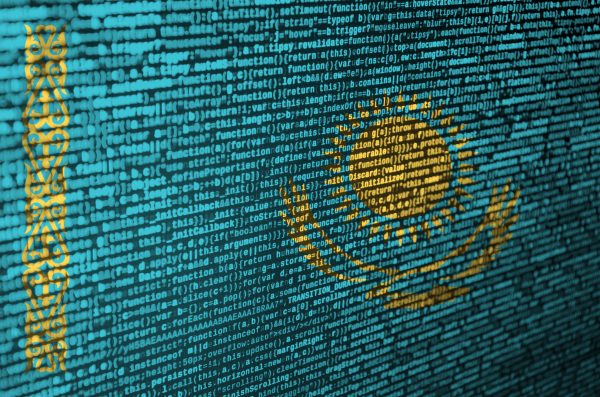By Albert Otkjær
Copyright thediplomat

While it was the proposal of a referendum to create a unicameral parliament that drew headlines after Tokayev’s annual State of the Nation speech on September 8, another topic took up much more time in his remarks. Technological development seemed to be top of mind for the president, who repeatedly emphasized the importance of utilizing and working with digital technologies. Tokayev’s address included comments on the need to increase investments in high tech, as well as governance plans and possibilities for Kazakhstan’s new tech capital, Alatau City. These came alongside proposals to create a ministry for AI and a fund for digital assets. Since the speech, Tokayev’s ministers have supplied more details, painting a picture of Kazakhstan as a future hub for crypto investment and artificial intelligence. Despite the big promises, the probability of these visions coming to life is still up for debate. From the start of his speech, it became clear that Tokayev is placing a huge bet on digitalization as a way to put the country on the world map. He stated: “I have set a strategically important goal: to turn Kazakhstan into a fully digital nation within three years.” He followed this with an announcement of a new digital code that should guide the process, outlining Kazakhstan’s path toward digitalization in an effort to pave the way for new economic possibilities. While the digital code was set as the foundation of digitalization in Tokayev’s speech, artificial intelligence was his crown jewel. On average, he mentioned it every third minute during his 100-minute speech. Most sensational was his announcement of the new “Ministry of Artificial Intelligence and Digital Development,” which Tokayev proclaimed was necessary to establish. Besides Kazakhstan, only the UAE, Taiwan, France, and Canada currently have comparable ministries. While not elaborating on this necessity, he did reveal that the department should be headed by someone with the rank of deputy prime minister – a large change from the committee that was previously the highest authority on the matter. The Ministry of Digital Development, Innovation, and Aerospace Industry will serve as the basis for this new department, current Minister Zhaslan Madiyev stated following Tokayev’s address. Whether Madiyev will follow the ministry is yet to be announced. Tokayev’s focus on linking the digital future with the economy did not stop there. The Kazakh president also proposed the creation of a digital assets fund for the country. Citing “today’s realities,” he argued that greater attention should be put on crypto assets. The proposed fund, he said, would “accumulate a strategic crypto reserve consisting of the most promising assets of the new digital financial system.” While no reasoning was given for this idea, it is not taken out of thin air. In July, a similar plan was floated by National Bank Chairman Timur Suleimenov, who stated that some of its gold and foreign currencies might be invested in the crypto market. While cryptocurrencies might become part of the state’s economic safety net, they might also become a reliable payment method for the future residents of the prestige project Alatau City, at least according to Tokayev, who spoke in grand terms about the vision of the city: “Alatau City must become the first fully digital city in the region, from the application of Smart City technologies to the ability to pay for goods and services in cryptocurrencies.” It was also announced that the city will be under direct subordination to the Kazakh government, something Tokayev sees as key for success. Expanding on this, Minister for the National Economy Serik Zhumangarin clarified that such a status is necessary to digitalize the city. He added that a draft law for the city’s legal regime and governance should be ready by December. As the whole world is rapidly digitalizing, Kazakhstan is trying to get in on the action, slowly diversifying its economic potential to the outside world. While the new AI ministry was formally established on September 18, the fate of many other proposals made by Tokayev earlier this month remains uncertain. Regardless of how these futuristic ideas unfold, the president appears determined to transform the once nomadic country into a hyper-digital state.



